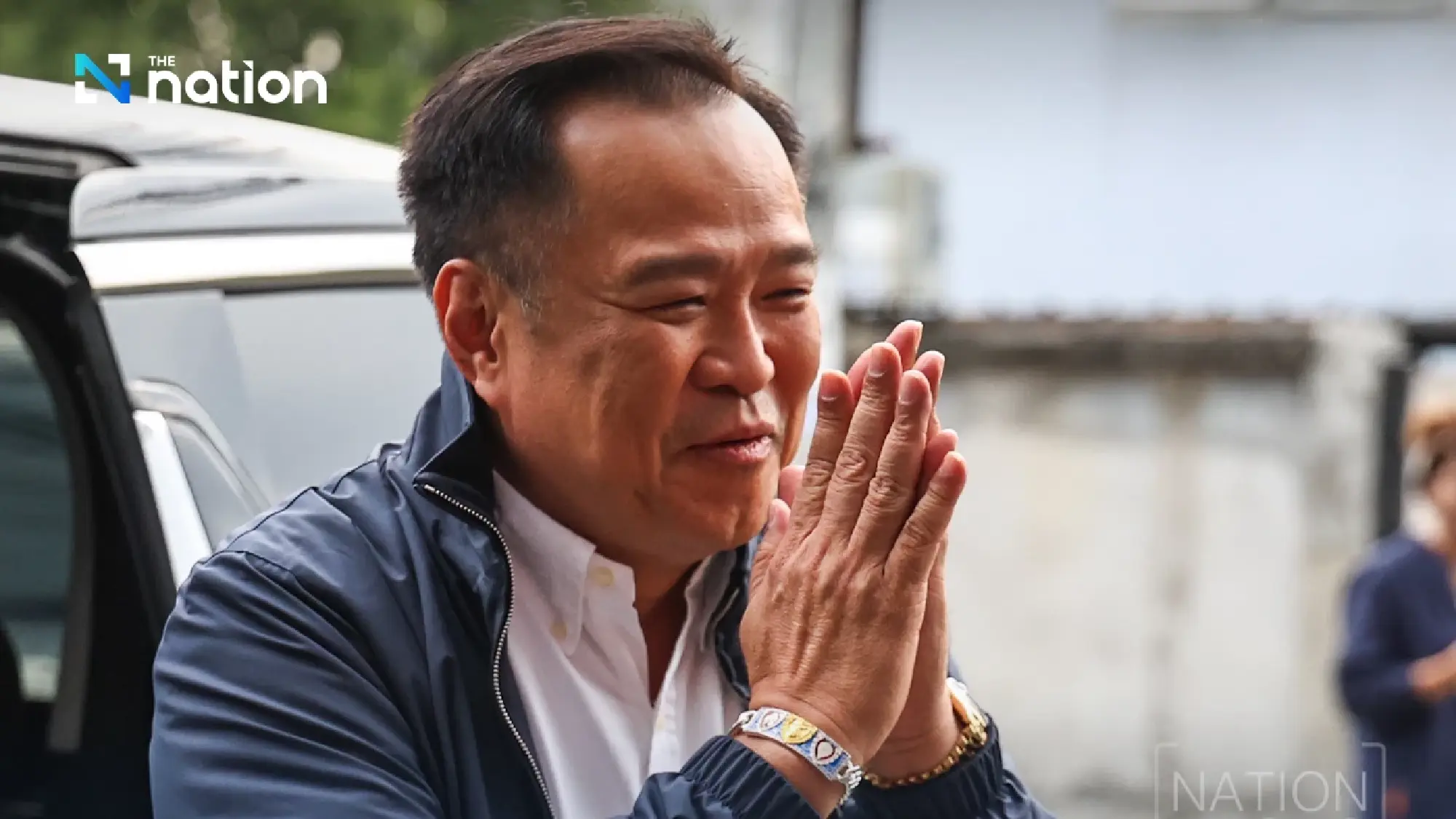Bhumjaithai secures backing from multiple parties, amassing 279 MPs and positioning Anutin Charnvirakul as prime minister candidate.
Thai politics is in flux following the removal of Paetongtarn Shinawatra as prime minister over the Hun Sen audio clip case, which also ended her cabinet’s tenure. The Pheu Thai Party and Bhumjaithai Party immediately emerged as rivals, moving to rally parliamentary support to form a new government.
Pheu Thai convened its former coalition partners to reaffirm their intention to continue governing together, while Bhumjaithai moved quickly. Party leader Anutin Charnvirakul launched a series of negotiations with other political parties, aiming to position Bhumjaithai as the lead party in forming the new government and to secure votes for Anutin as prime minister.

Bhumjaithai, which holds 69 seats, reached agreements with several parties and political blocs: People’s Party (142 seats), Palang Pracharath Party (18 seats), Kla Tham Party (26 seats), United Thai Nation Party led by Suchart Chomklin (18 seats), Thai Sang Thai Party (2 seats), and a total of 4 seats from one-seat parties, including New Democracy Party, all of which have pledged support.
This gives the Bhumjaithai-led coalition an initial total of 279 supportive votes. By contrast, the 492-seat House of Representatives means Pheu Thai’s bloc could be reduced to just 213 votes.

Reports indicate that ministerial positions were offered as part of these deals. For instance, the Kla Tham Party’s Thamanat Prompow, seeks the Ministry of Interior, with Thamanat prepared to assume the role personally. Palang Pracharath proposed Gen Prawit Wongsuwan as defence minister, while Suchart Chomklin of United Thai Nation aims for the labour portfolio. Bhumjaithai has preliminarily reserved the Ministry of Transport for party secretary Chaichanok Chidchob.
The rapid manoeuvring signals a decisive effort by Bhumjaithai to form the next government and position Anutin Charnvirakul at its helm.


